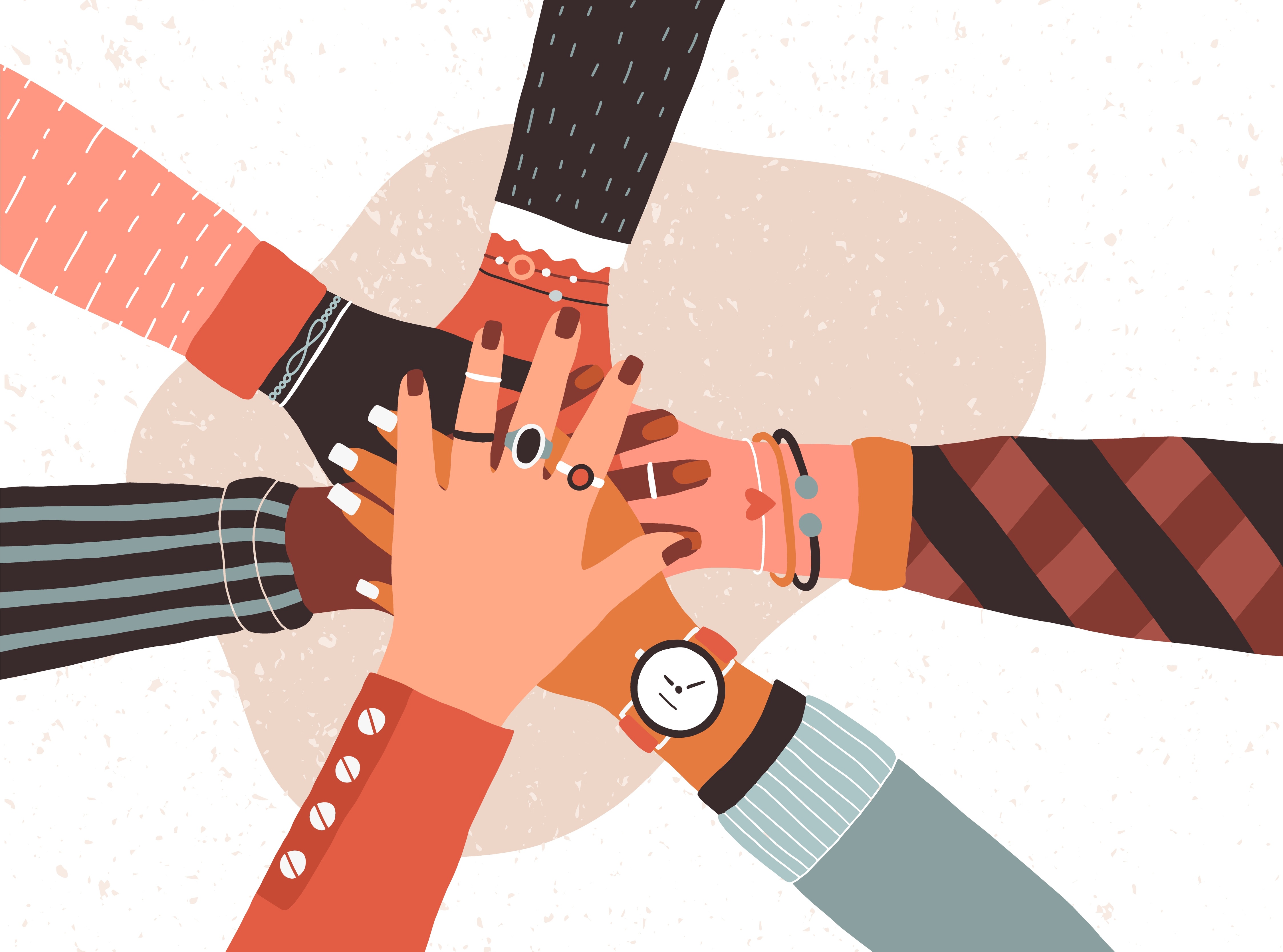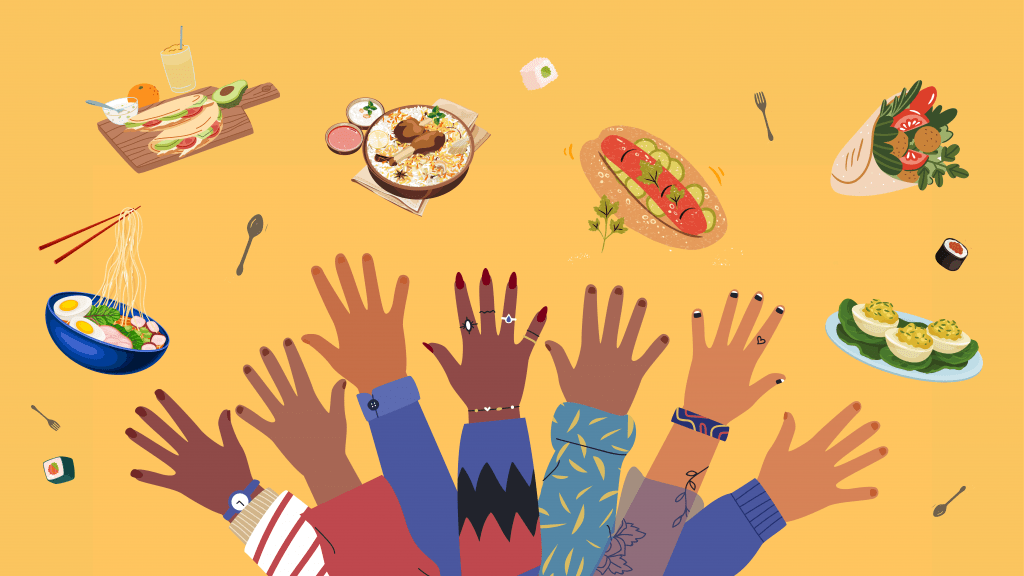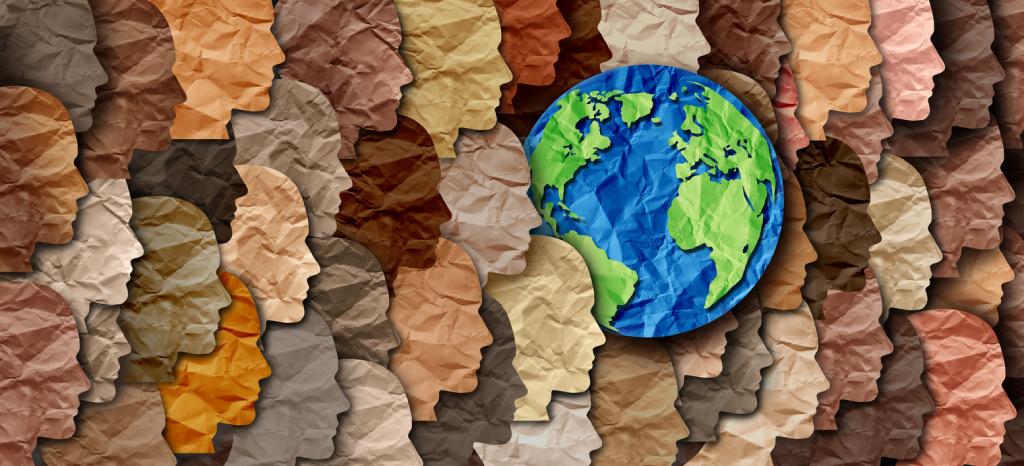In this post I will explore what culture is and what it means to me. This will give me a basic starting point for my research.
Culture is an extremely important part of each and every one of us, as it allows us to celebrate the past, explore the present, and imagine the future.

When I think of culture, I immediately think of the different beauty and fashion trends and standards around the world, as well as religion, celebration and nature. I also then begin to think about the freedoms or restrictions some cultures may create, and the individuality and diversity that is shown throughout a culture, despite its stereotypes. I think culture is a great form of expression, even though that may not be what first comes to mind.

Many people often instantly think of certain stereotypes when hearing the world, or thinking about specific cultures, for example thinking of sombreros, pinatas and burritos as soon as they hear the word Mexico. However in reality culture is much more than this. Even though people may be aware that there is so much more to a Mexican person than the items listed above, poor representation in the media has taught us to think of these things, things that may even cause offense to a person of that culture.

Culture is an umbrella term which is used to describe the arts, rituals, religions, languages, dress and manners of a collection of people, whether that be defined by a specific location or religion. Usually people within a culture will follow codes of practice set by ancestors years before now, that have been passed through generations, therefore creating traditions of today.

However, as noted above the term can be used to describe a collective of people from either a location or religion. This is where the term becomes difficult and potentially confusing to some, as one location usually consists of way more than only one religion, and one religion is usually celebrated across many locations. So does anyone really belong to one culture at all? Or is it just a bracket term we use to describe the stereotypes of a certain kind of person, therefore potentially perceiving them completely wrong.

Furthermore, I believe culture can hugely impact the way we view, and set standards for our own work and being. A person’s religious, or location based cultural standards are likely to influence certain standards and expectations they set for themselves. Some people may highly celebrate this, but many people may let these standards weigh heavily on their minds – especially if they do not or can not conform to them.

Personally, I believe fashion, hair and makeup have a huge link to culture, as these mediums are a form of art and allow us as humans to fully express ourselves, therefore showcasing our cultures, likes and beliefs. However once again this may be a negative for some, if they want to express themselves in certain ways that may cause them to be labeled as an outcast from their cultural groups.

Culture and class also have huge influence on each other. Below I have created a list of keywords and short explanations to support this idea.
Low Culture – The behavior and ideas that are popular with most people in a society.
High Culture – Behaviors that are popular within the elites, such as celebrities and royals.
Mainstream Culture – What may seem normal to the majority of people in a society.
Subculture – A group within a larger culture that has certain beliefs and interests in their own variants.
Ethnocentrism – The practice of judging one culture by the standards of another.
Afrocentrism – Re-centering historical and social study on the contributions of Africans and African Americans
Multiculturalism – The perspective that rather than seeing society as a homogeneous culture, recognizes cultural diversity and educates equal standing of all cultural standings.

During my research I intend to explore this topic, and look at the difference between appropriation and appreciation. However, viewers must bear in mind that although I am fully aware, as stated above, that no one fits necessarily in to just one culture – and the stereotypes of a culture may be completely wrong and not fit a person in the category at all – I will have to explore some of the more stereotypical aspects of a culture in order to present it in a way that others will recognize it. However I am carrying out research to ensure I can create this art in a way that is not offensive, and breaks the barriers of my chosen culture’s stereotype, showing it in its true beauty.
